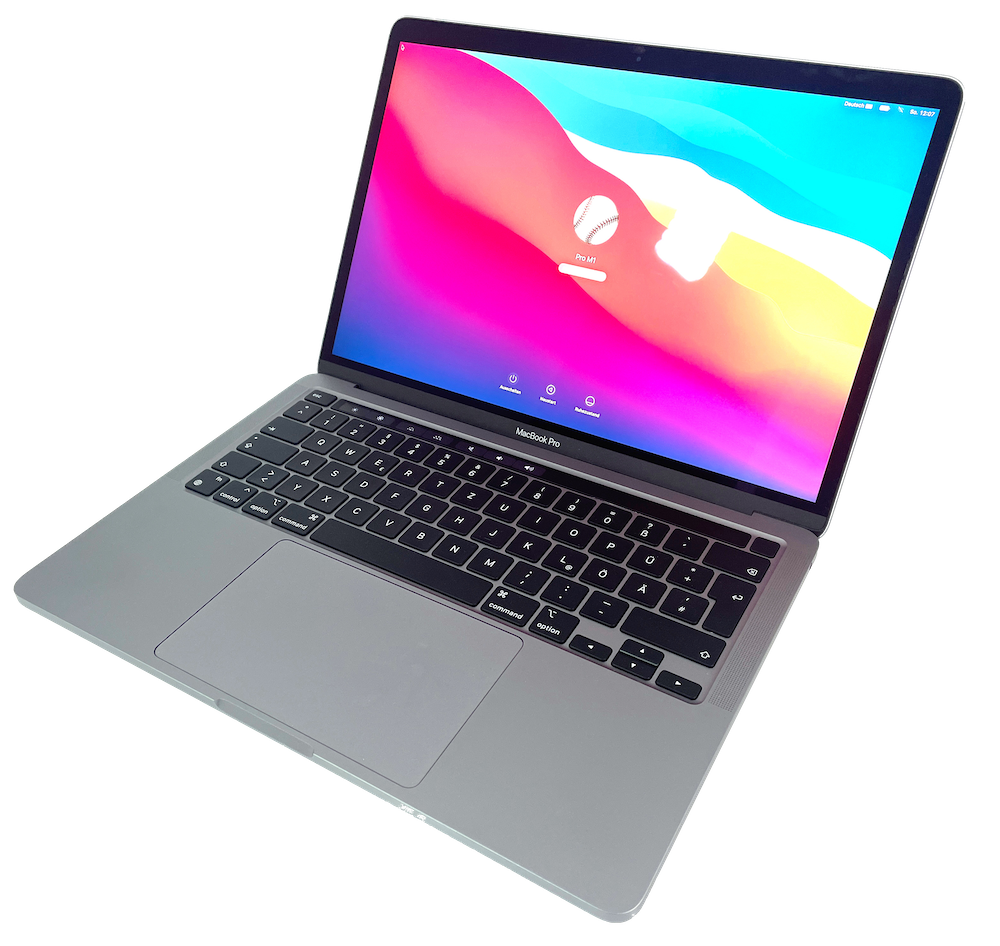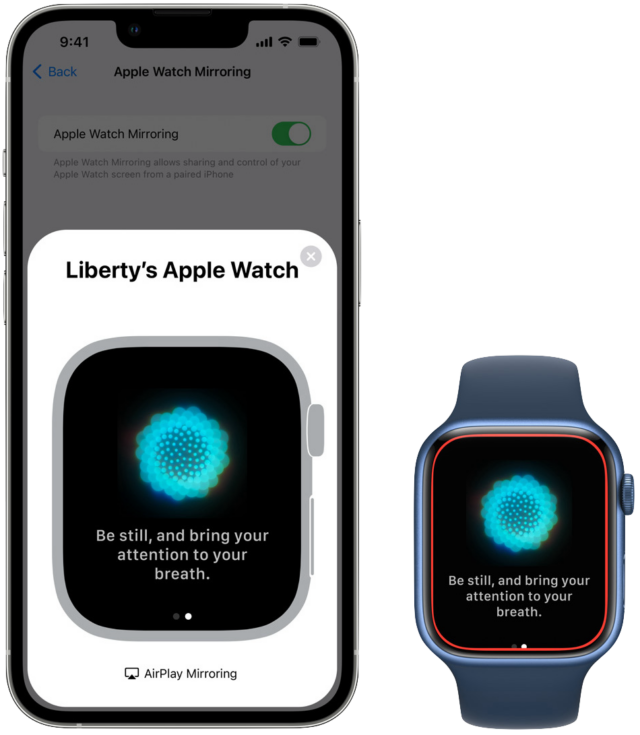MacTalk
June 2022

Apple Previews Upcoming Accessibility Features
Apple has previewed some upcoming accessibility features that we’ll presumably see in this year’s updates to Apple’s operating systems. They include:
- Door Detection: Available on iPhones and iPads with a LiDAR scanner, Door Detection tells users who are blind or low-vision where doors are, how far they are away, whether they’re opened or closed, and how you open them. Door Detection will be available in a new Detection Mode in the Magnifier app on the iPhone and iPad. (It would be a compelling feature for smart glasses.)
- Apple Watch Mirroring: This feature replicates an Apple Watch’s display on its associated iPhone, allowing users to employ accessibility features like Voice Control and Switch Control on the Apple Watch. It will require an Apple Watch Series 6 or later.

- Quick Actions on the Apple Watch: In the category of accessibility features that might gain wider adoption in the broader community (see “iOS 14’s Back Tap Feature Provides Interaction Shortcuts,” 24 September 2020), Quick Actions on the Apple Watch enable multi-touch gestures on the little screen. For instance, you could define a double-pinch to end a phone call or start a workout.
- Live Captions: Perhaps the most interesting of the new features, Live Captions automatically generate text transcripts for any audio content, whether a phone call, FaceTime call, videoconference, or streaming media. The subtitles are generated on the device itself, which will have to be an iPhone 11 or later, an iPad with at least an A12 Bionic chip, or an M1-based Mac. Various videoconferencing systems already do this quite successfully, and we hope that Apple can do at least as good a job. Again, there are times when subtitles would be welcome for people who are not Deaf or hard of hearing, and it’s easy to imagine a jump to automatic translation in the future. (This would also be a really interesting feature for smart glasses.)
Apple also outlined a few other upcoming accessibility features, like Buddy Controller, which lets two game controllers function as one, and new customization options for the Apple Books app. Perhaps the most welcome to English speakers will be Voice Control Spelling Mode, which lets users dictate words that Voice Control Dictation gets wrong using letter-by-letter input.
We should all appreciate Apple’s commitment to accessibility features because they make a world of difference for those who need them—which is all of us at one point or another—and because everyone deserves the opportunity to participate in society through technology. It seems likely that Apple invests vastly more time and effort into these features than it makes back in increased sales.
More generally, as we noted, many of these features stand to benefit those who nominally have no disability. Quick Actions for Apple Watch might become a favorite of power users, and lots of people will appreciate Live Captions when in loud environments or when talking with someone whose speech is hard to understand for whatever reason. Even Buddy Controller could be a boon to any parent whose child insists on playing a video game that’s beyond their physical coordination.
In an earlier version of this article, we pondered why Apple had chosen to preview these features in advance of WWDC, but we had forgotten that Apple did the same thing last year, also to mark Global Accessibility Awareness Day (see “Apple Announces Upcoming Accessibility Features,” 20 May 2021).
Contents
Website design by Blue Heron Web Designs



